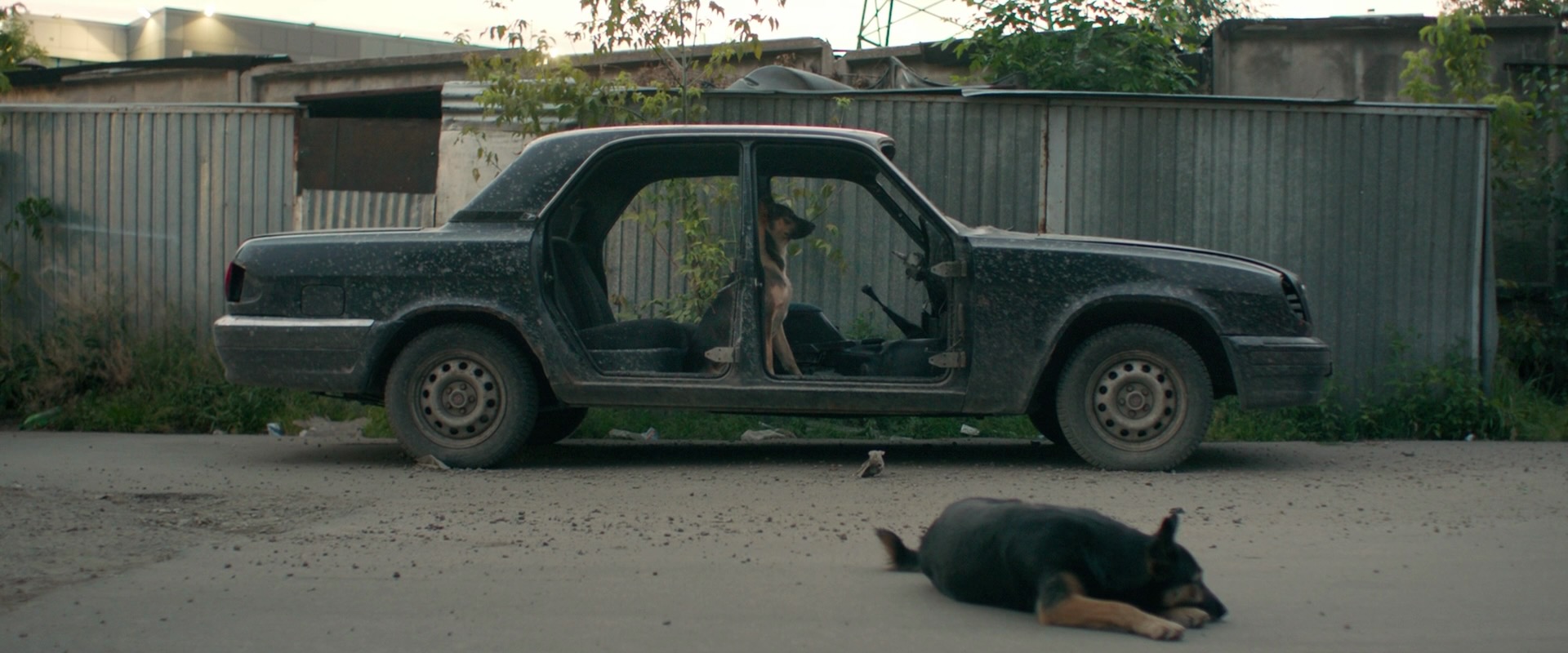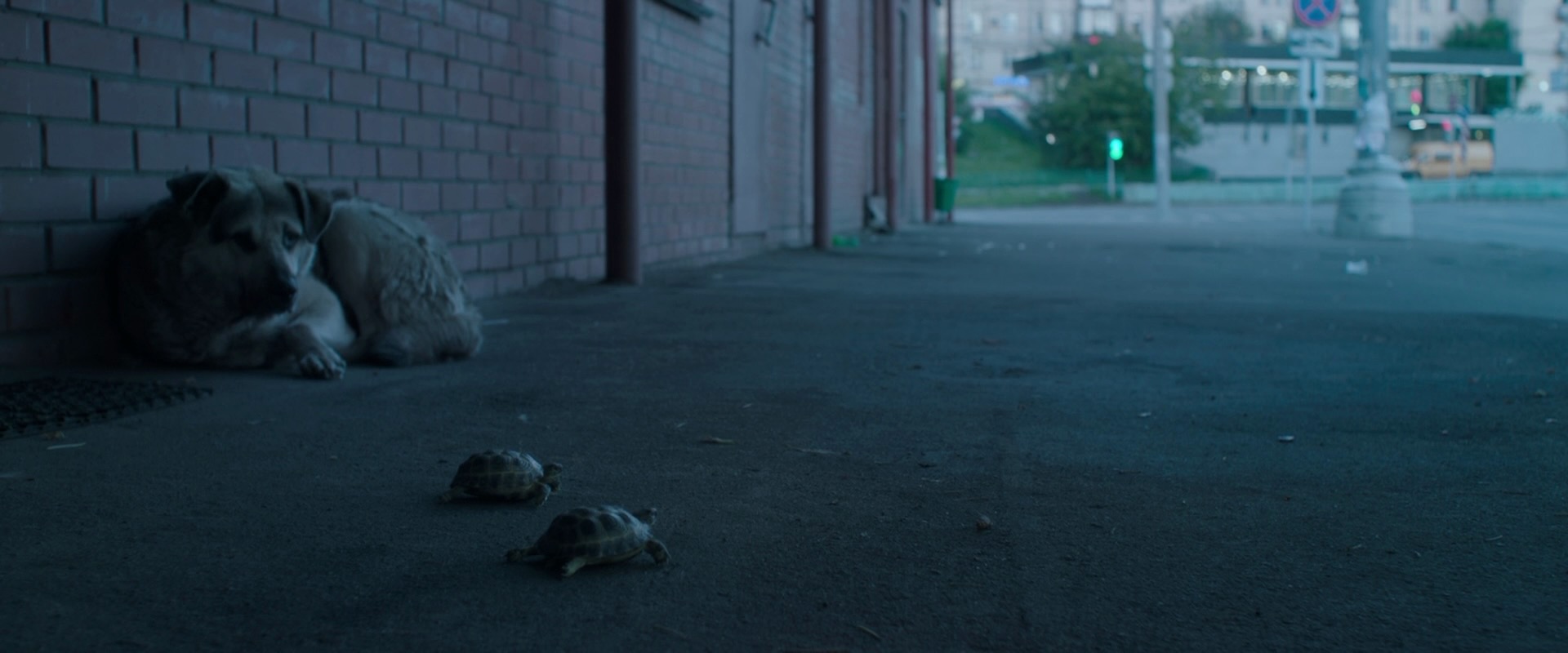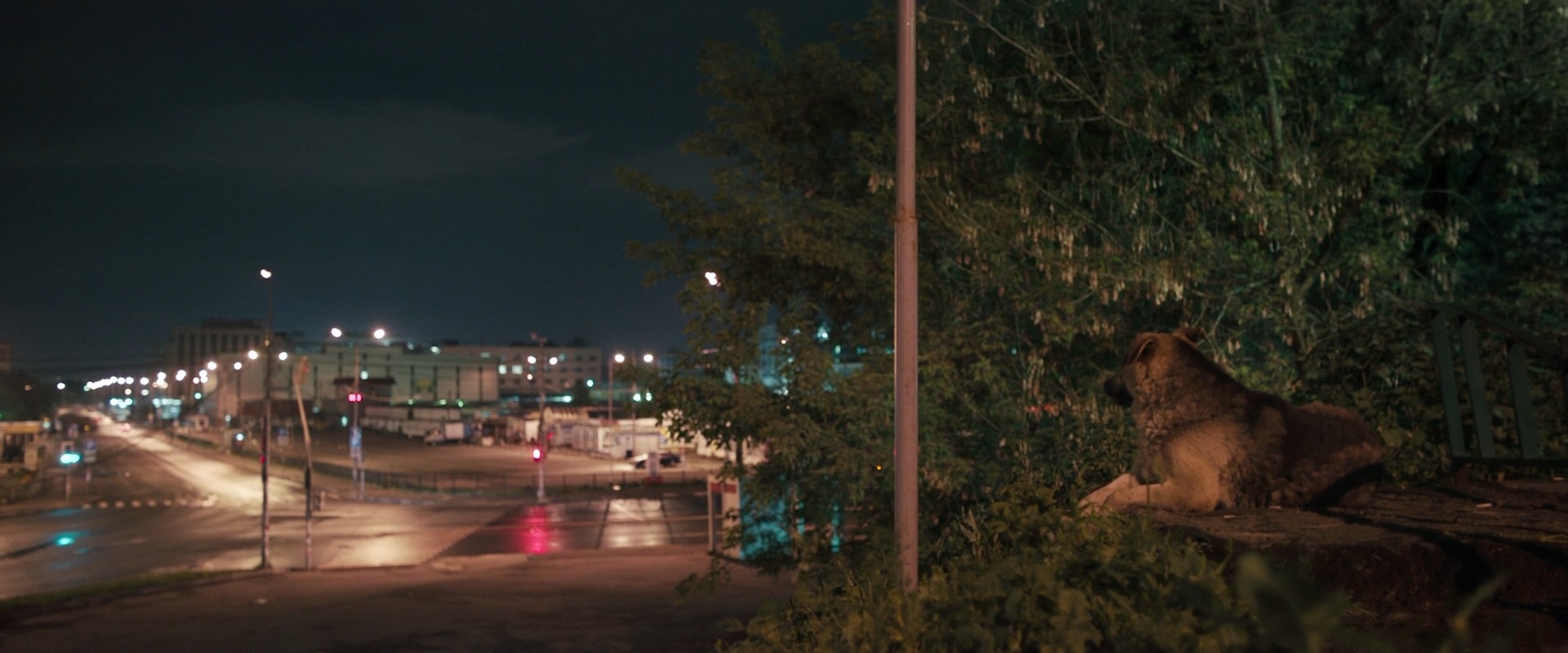Pumpkin Movie (2017)
Sophy in one city is skyping with a friend in Halifax while they carve jack-o-lanterns and discuss sexist aggressions from the past year.

–
Norman Norman (2018)
Repeat appearance by the director’s Macbook as she looks up videos about dog cloning while her own dog (Norman, elderly, in rough shape) lays with her on the bed.

–
In Dog Years (2019)
Interviews with owners of messed-up dogs, some near the end of their lives, with all focus on the dogs and their stories, the owners’ faces not shown. “In memory of Norman,” oh no. I was supposed to follow these up with Nine Behind / It’s Him / Grandma’s House, but already shaken by dying dogs I couldn’t take on dying grandmothers.

















